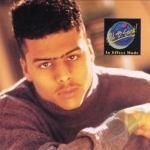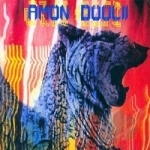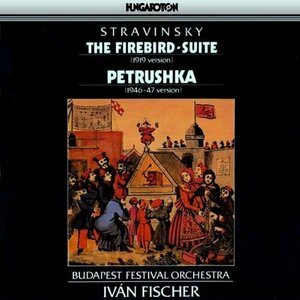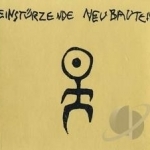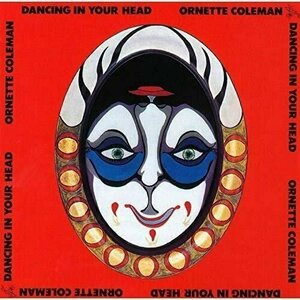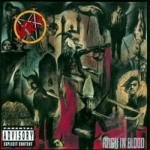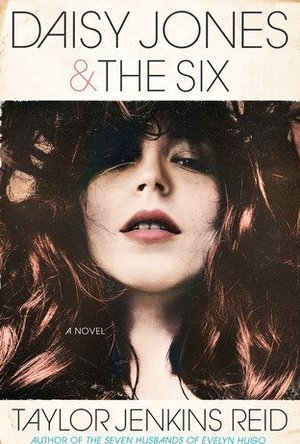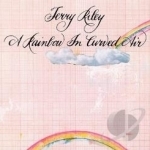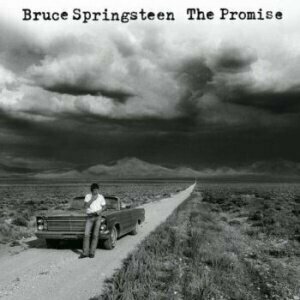Search
Search results
Johnny Marr recommended 154 by Wire in Music (curated)
Cee-Lo Green recommended In Effect Mode by Al B Sure in Music (curated)
Pete Fowler recommended Wolf City by Amon Duul in Music (curated)
Wayne Coyne recommended Firebird Suite by Igor Stravinsky in Music (curated)
Lee Ronaldo recommended Kollaps by Einsturzende Neubauten in Music (curated)
Lee Ronaldo recommended Dancing In Your Head by Ornette Coleman in Music (curated)
Rob Halford recommended Reign in Blood by Slayer in Music (curated)
MelanieTheresa (997 KP) rated Daisy Jones & the Six in Books
Apr 4, 2019
I adored this book.
It's so completely different from anything I've recently read. I do love my psychological thrillers, but sometimes it's nice to jump into a totally different world. Daisy Jones & The Six perfectly fits the bill.
There's been so much hype surrounding this book that I'm sure you know the premise by now: set in the mid-sixties through late seventies, Daisy Jones & The Six is about the rise and eventual fall of a fictional rock band. It reads like a Rolling Stone interview, or an episode of Behind the Music, which is an interesting and effective approach to the subject matter. I was immediately immersed in the story, but this also means I flew through it so quickly that I was sad when it was over. It drew me in so completely that I actually forgot this was not a real band.
Sex? ✔ Drugs? ✔ Rock 'n' Roll? ✔
Daisy Jones & The Six has all this and more. I've heard that it bears more than a passing resemblance to Fleetwood Mac's history, which makes sense as the author herself states that she was very much influenced by Fleetwood Mac and Stevie Nicks (a living goddess if there ever was one). Every character is flawed, because, life. The descriptions of the songs, the music, are so complete, I could almost hear them in my head.
Last summer, Amazon ordered a 13-episode limited series of the book. The series will be co-produced by Amazon Studios and Reese Witherspoon’s Hello Sunshine banner. ALSO: Amazon will be distributing original music from the television adaptation exclusively through Amazon Music. ?
And I.Can't.Wait.
?
It's so completely different from anything I've recently read. I do love my psychological thrillers, but sometimes it's nice to jump into a totally different world. Daisy Jones & The Six perfectly fits the bill.
There's been so much hype surrounding this book that I'm sure you know the premise by now: set in the mid-sixties through late seventies, Daisy Jones & The Six is about the rise and eventual fall of a fictional rock band. It reads like a Rolling Stone interview, or an episode of Behind the Music, which is an interesting and effective approach to the subject matter. I was immediately immersed in the story, but this also means I flew through it so quickly that I was sad when it was over. It drew me in so completely that I actually forgot this was not a real band.
Sex? ✔ Drugs? ✔ Rock 'n' Roll? ✔
Daisy Jones & The Six has all this and more. I've heard that it bears more than a passing resemblance to Fleetwood Mac's history, which makes sense as the author herself states that she was very much influenced by Fleetwood Mac and Stevie Nicks (a living goddess if there ever was one). Every character is flawed, because, life. The descriptions of the songs, the music, are so complete, I could almost hear them in my head.
Last summer, Amazon ordered a 13-episode limited series of the book. The series will be co-produced by Amazon Studios and Reese Witherspoon’s Hello Sunshine banner. ALSO: Amazon will be distributing original music from the television adaptation exclusively through Amazon Music. ?
And I.Can't.Wait.
?

